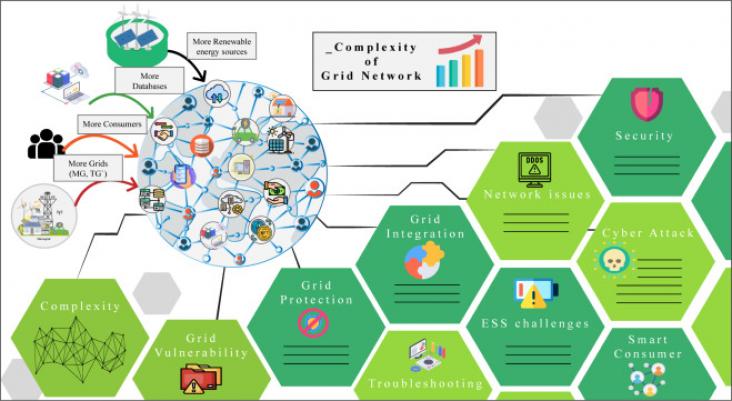This study investigates how sustainable transport infrastructure affects access to healthcare.
A technology that has shown promising potential in supporting food and energy security, as well as supporting water security, is agrivoltaic (AV) systems.
An investigation into a new integrated model for pricing and financing a sustainable supply chain that can reduce manufacturing costs and thus encourage better participation by producers in green projects.
Marine aquaculture is predicted to serve an important role in alleviating pressure on fisheries and land-based food production, but aquaculture will not be sustainable without continued innovations in the aquaculture sector. Strong governance and economic conditions play a small but highly significant role in the development of marine aquaculture speices
The purpose of this interview study is to explore the perceptions of industrial stakeholders towards the use of biobased plastics in food packaging applications.
This research aimed to determine how interested people are in bio-based bottles. We also compared bio-based options to the fossil-based industry standard and determined consumer reactions to both. We measured consumer demand for bio-based plastic bottles as an alternative to a conventional (fossil-based) plastic bottle and investigated what conditions underlie this preference (e.g., bottle appearance).
The authors seek to create a framework that can inform the research agenda of the emerging literature of responsible digital transformation (DT). Through the research, two core questions are examined: '(1) when we can consider a DT process responsible (i.e., responsibility in DT), and (2) when we can consider DT outcomes responsible (i.e., the responsibility of DT)'. The authors point to the UN's sustainable development goals and its Universal Declaration of Human Rights as reference points for responsible DT.

This article supports SDGs 7,9 and 11 by proposing that the real-time online analysis, data integration, and prediction of future status, monitoring, decision-making, and self-healing of the power grid can be achieved, providing high security, reducing the risk of power grid accidents, and serving multiple fields of producers, consumers, and the entire country.
This Article supports SDGs 3, 5 and 9 by outlining how, in the current legal landscape, to reduce the collection and documentation of reproductive health information in nuclear medicine in light of the SCOTUS decision on Dobbs v Jackson Women's Health Organization that overturned a 49-year-old federal recognition of abortion rights.
Electromobility is the future main system for Swedish road transport that encourage sustainable urban transportation. However, emission impacts of applying electric vehicles (EVs) are currently controversial. This study evaluates and compares internal combustion engine vehicles (ICEVs) refer to both petrol and diesel-based engines and BEVs, focusing on environmental and energy impacts.
